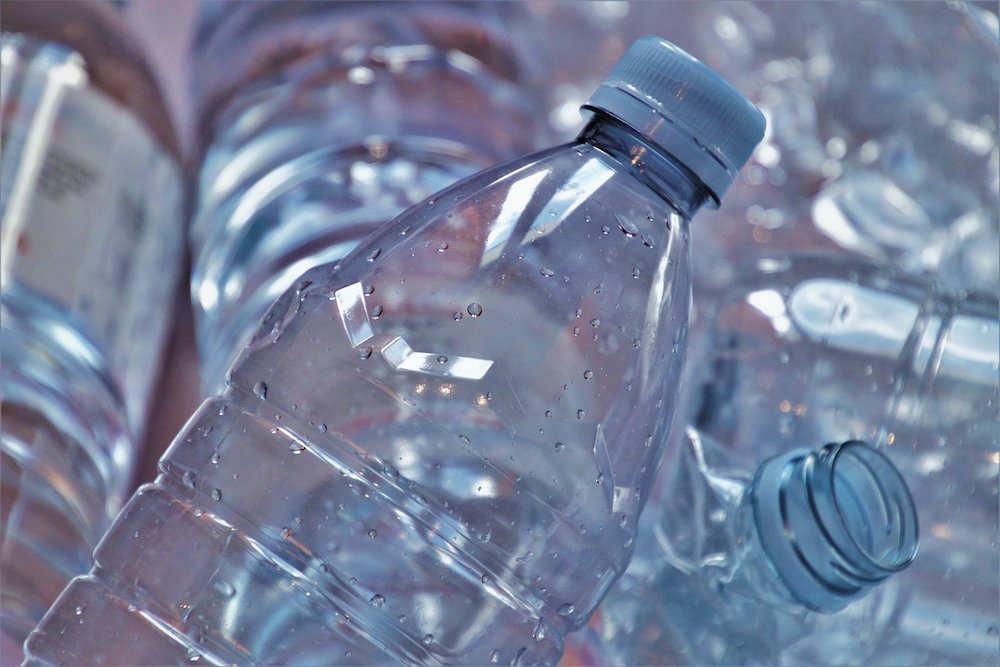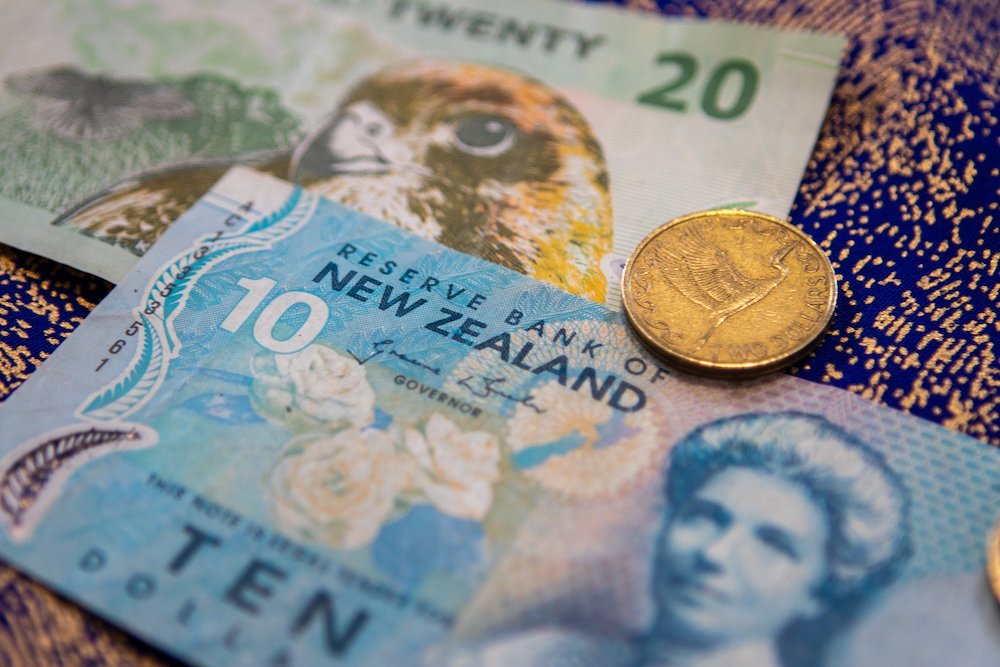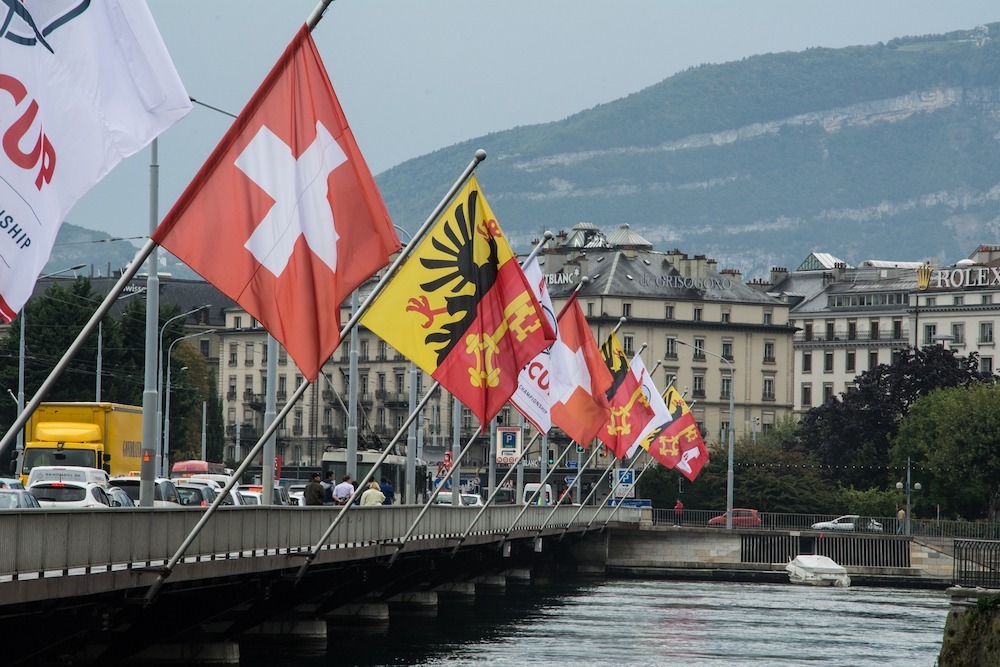Exporters of hard-to-recycle, mixed plastic waste will require prior consent from the governments of receiving nations before shipping

The permits are part of New Zealand's efforts to limit plastic waste exports (Credit: Pixabay)
Businesses in New Zealand planning to export hard-to-recycle plastic waste will require a permit from 2021.
It’s part of the country’s commitments to the Basel Convention, an international agreement of more than 180 states that was amended in May 2019 to better regulate the global trade of plastic waste.
The amendment means exporters of hard-to-recycle, mixed plastic waste will require prior consent from governments of receiving nations before shipping.
In New Zealand, a permit from the Environmental Protection Authority will also be needed.
The country’s associate minister for the environment Eugene Sage said: “The government is committed to tackling our mounting waste problem, and to New Zealand helping global efforts to minimise the impact of waste in the environment.
“New international requirements for the trade of plastic waste under the Basel Convention are due to take effect on 1 January 2021.
“Parties to the Convention are now implementing the decision domestically.
“This will not prevent the trade of plastic waste but will incentivise trade in high-quality, sorted plastic waste and help ensure that materials are being shipped for the purposes of recycling.”
PET, PE, and PP among the plastic waste that won’t need export permits in New Zealand
The export permit for most mixed plastic waste forms part of the New Zealand government’s wider resource efficiency work programme.
This will enable the country to meet its international commitments to the Basel Convention.
The permits are required for most types of plastic waste, however, there are exemptions.
Single stream plastic waste and mixtures of higher-value PET, PE, and PP that will be recycled or processed in an environmentally-sound manner can be exported from New Zealand without prior consent or a permit.

These include plastic items such as PET soft drink containers, HDPE milk bottles, and ice cream containers made from PP.
Sage said: “When we improve our resource recovery system in New Zealand, we can process our waste here.
“When we do ship plastic overseas, it needs to be the higher value types of plastic that are ready to be recycled by the importing country; rather than ending up in landfill or worse still being burnt somewhere else.”
New Zealand government steps up recycling infrastructure funding
Earlier this month, the New Zealand government announced it would be investing 124m New Zealand dollars (NZ$) ($82.8m) in the country’s recycling infrastructure.
As part of its Covid-19 Response and Recovery Fund, it is putting money towards a number of initiatives including plastic recycling plants, weighbridges for improved waste data collection and better equipment for recycling plants.
Capital Auckland’s waste service provider Green Gorilla received NZ$3.1m from the government’s Waste Minimisation Fund for a new commercial and industrial waste line.
This will be able to process mixed commercial and industrial waste, diverting it away from landfills.
Alongside this, the New Zealand government is looking to expand its national waste levy scheme.

At present, the waste levy applies to municipal landfills that take household waste, with no levy on the remaining 90% landfills throughout the country.
In order to “level the playing field”, this will be expanded to cover additional landfill types including construction and demolition fills, progressively coming into force from 1 July 2022.
As well as this, the levy rate for landfills taking household waste will go up.
Increasing over a four-year period from 1 July 2021, it will increase from NS$10 per tonne to NZ$60 per tonne.
The New Zealand government is also looking to collect better data about the waste being creating and how it’s disposed of, ensuring it can be better managed.
It will then use the additional revenue from the waste levy to invest in initiatives that support waste reduction, such as building recycling infrastructure.
What are the Basel Convention’s plastic waste export rules?
Between April and May 2019, Geneva hosted the 14th Conference of Parties of the Basel Convention – part of the United Nations Framework Convention on Climate Change.
Made up of more than 180 states and the European Union, the Basel Convention is an international treaty designed to reduce movements of hazardous waste between nations.
At its 14th conference, members agreed to new global rules to curb unrestricted plastic waste exports.
This would require any countries wanting to export material to obtain informed consent before sending any contaminated mixed waste.
Speaking in May 2019, IPEN science advisor Dr Sara Brosché said: “With this amendment, many developing countries will, for the first time, have information about plastic waste entering their country and be empowered to refuse plastic waste dumping.

“For far too long developed countries like the US and Canada have been exporting their mixed toxic plastic wastes to developing Asian countries, claiming it would be recycled in the receiving country.
“Instead, much of this contaminated mixed waste cannot be recycled and is instead dumped or burned, or finds its way into the ocean.”
The unanimously adopted actions on plastic waste also included removing or reducing the use of hazardous chemicals in plastic production, and at any subsequent stage of their life cycle.
It also asked countries to set specific collection targets and obligations for plastic producers to cover the costs of waste management and clean-up.
Alongside this, member states agreed to prevent and minimise the generation of plastic waste through increasing the durability, reusability and recyclability of plastic products, and push for a significant reduction of single-use plastic products.
